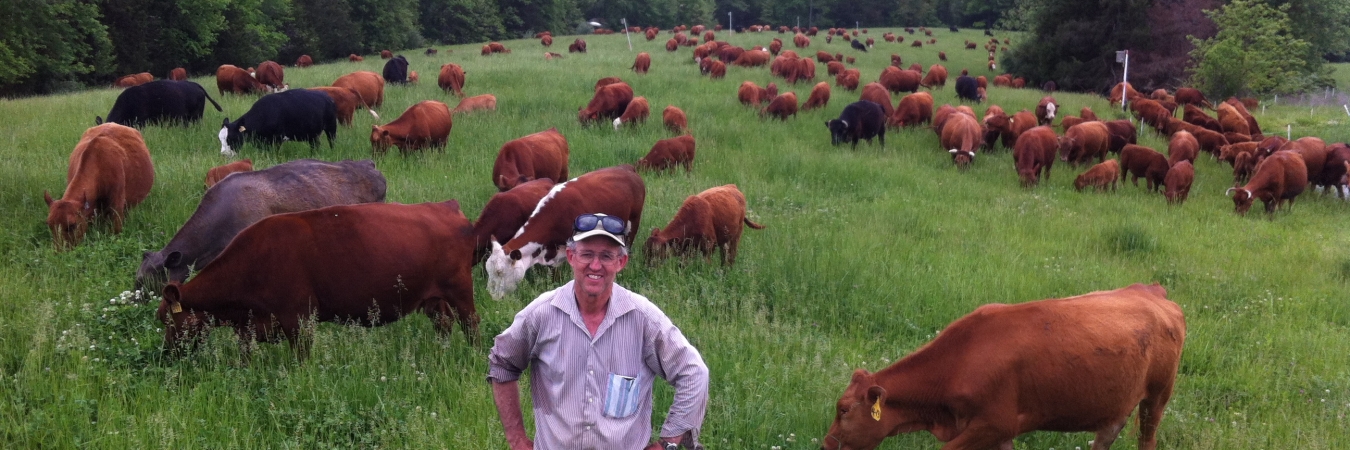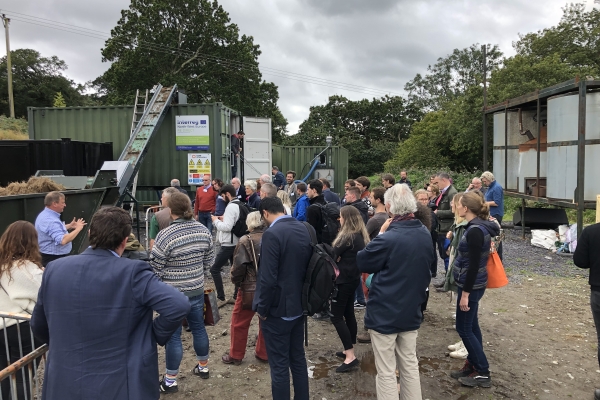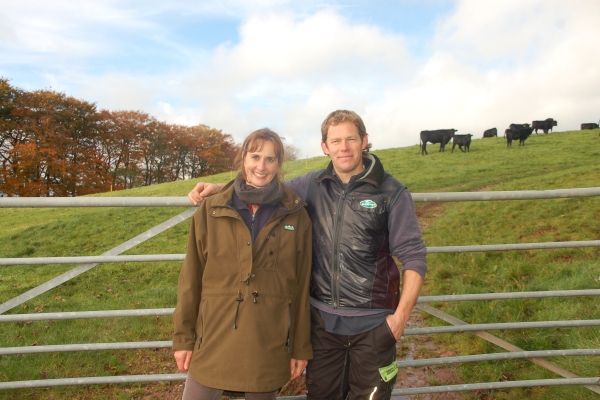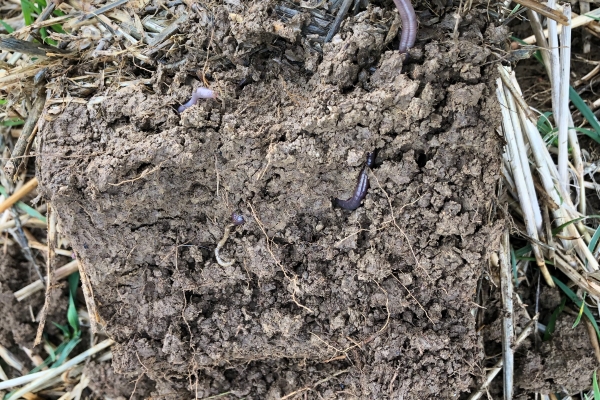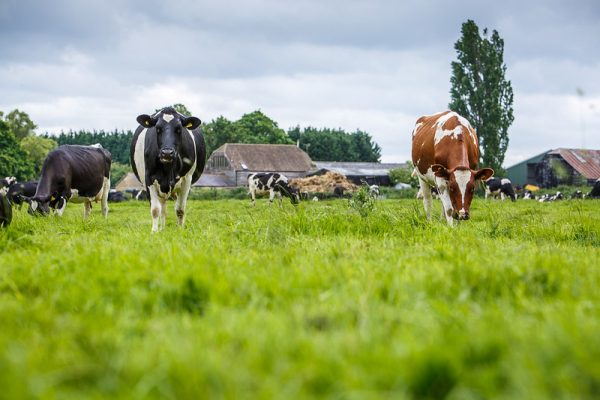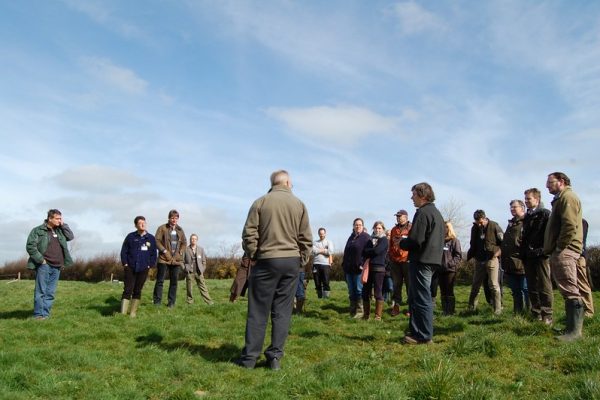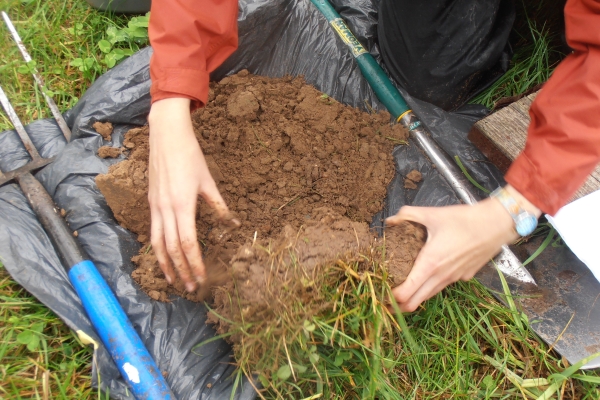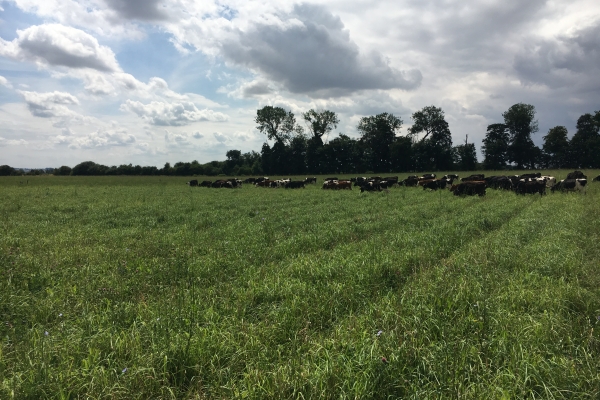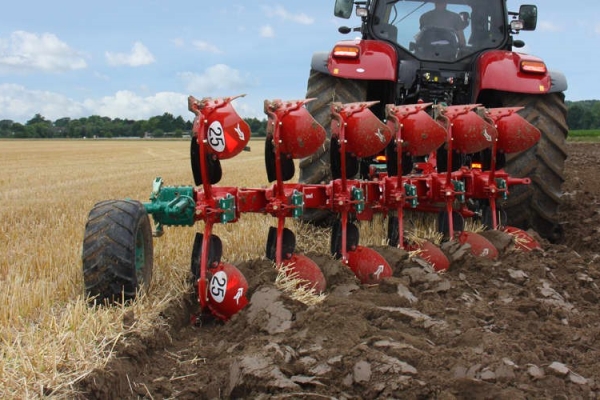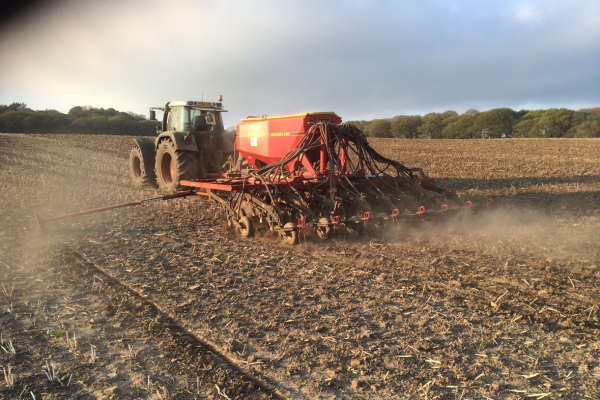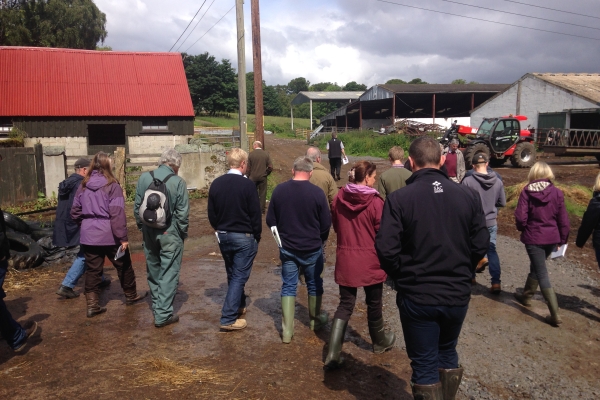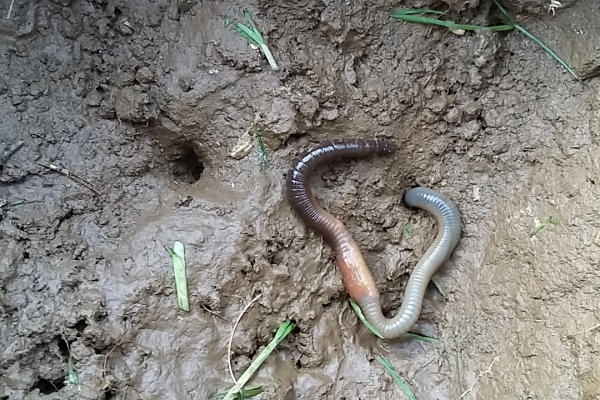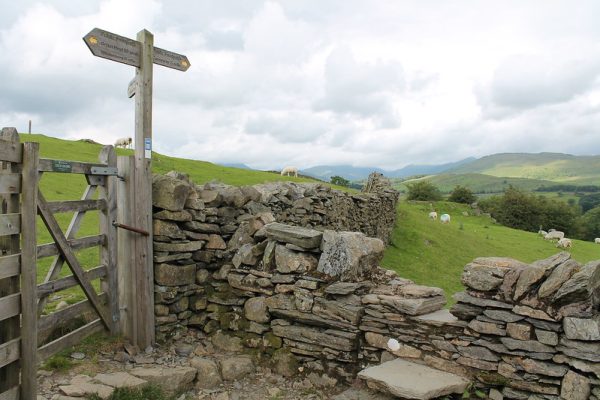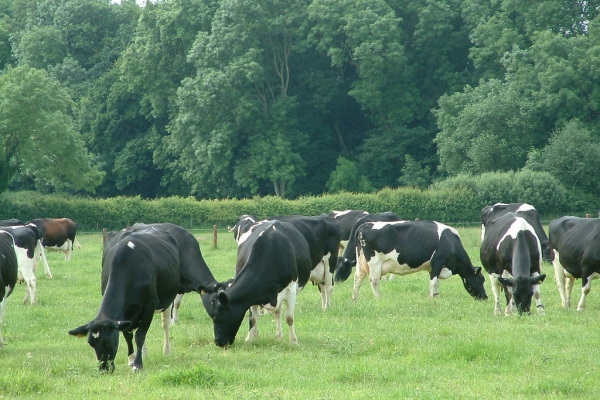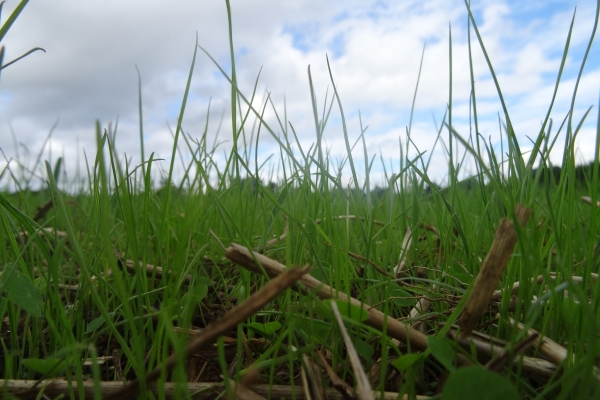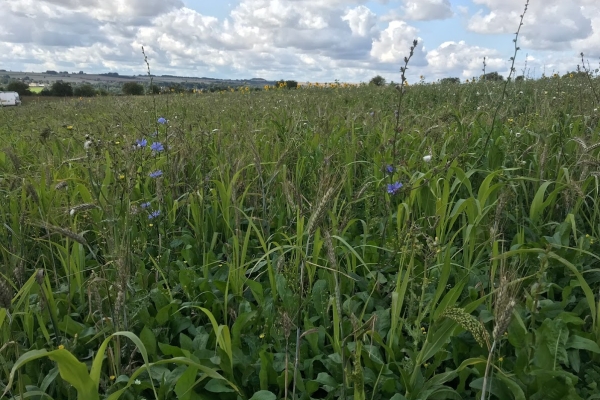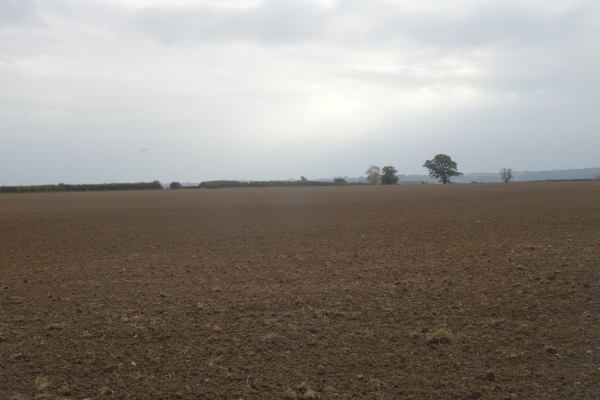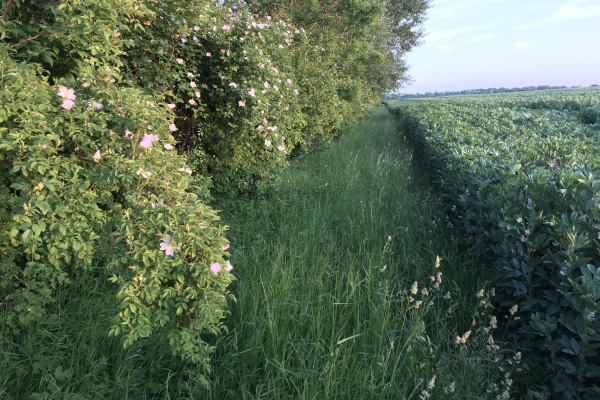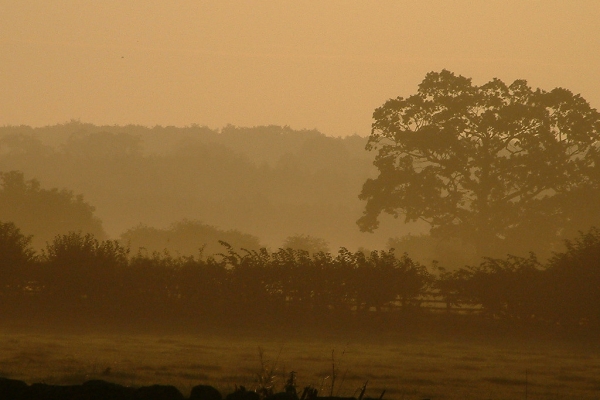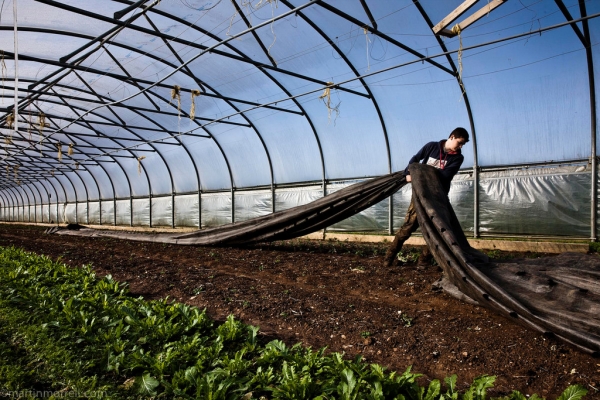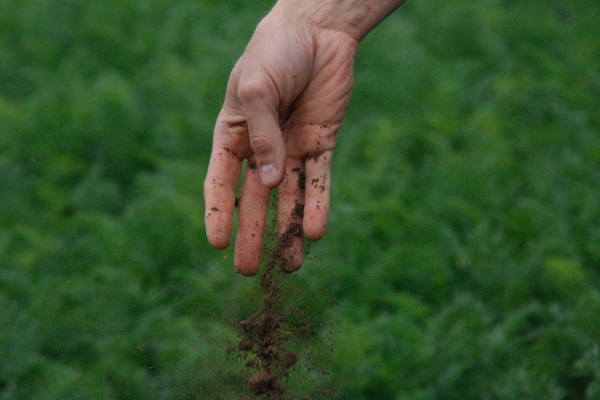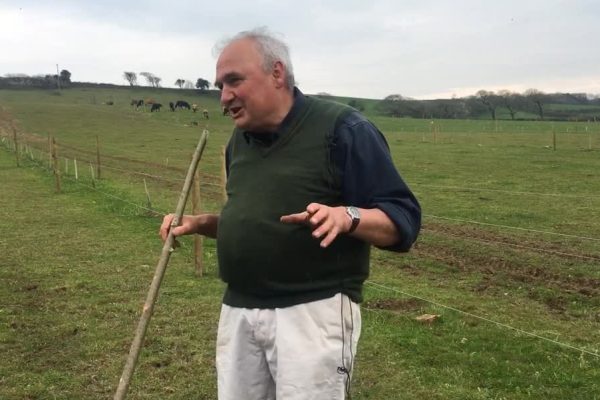Carbon Calling Conference
A pioneering on-farm conference focusing on soil health is gearing up for its launch on a Cumbrian farm this summer (June 25th-26th).
Carbon Calling is a knowledge exchange initiative created by farmers to promote discussion among livestock and food producers, and help them address climate, biodiversity, societal and food security issues.
Founded by beef and sheep consultant Liz Genever, regenerative farmers Nic and Paul Renison, and host farmer Tim Nicholson the two-day conference in the Eden valley is Carbon Calling’s flagship event.
It follows two years of live chats featuring some of the leading food producers, consultants and researchers in the regenerative farming movement. It was originally planned for 2020. The conference will include practical demonstrations, seminars and discussion panels.
Carbon Calling’s list of speakers includes:
- US regenerative rancher and author, Greg Judy
2022 Greg Judy Biography .pdf
- Sheila Dillon of the BBC Food and Farming Awards
- Defra’s Janet Hughes, programme director for the Future Farming and Countryside Programme
- Cumbrian Cheese maker Martin Gott
- A farmer panel including Wiltshire farmer Andy Rumming, Perthshire farmer Alex Brewster and Charlie Walker from Duns
- Independent soil scientist Ian Bell
- James Robinson, organic dairy farmer from Kendal
Mixed farmer and ecologist Tim Nicholson of Sleastonhow Farm in the Eden Valley will host. He has first-hand experience of water quality, soil health, biodiversity and profitability challenges on his own 300-acre farm. Mr Nicholson saw profit margins and biodiversity come under pressure when he took charge of the home farm in 2005, but over the course of five years he has seen wildlife return as he has adapted his conventional farming system using regenerative methods. However he stresses the farm is still learning about lowering inputs such as synthetic fertiliser, weed killers and bought-in feed and producing healthy soils, livestock and crops.
“As a farmer you can’t look at the label or read the instructions for this type of farming, you have to learn from others, and we hope Carbon Calling acts as a catalyst for farmers to learn from each other,” says Tim.
“I’ve started direct drilling, experimenting with deeper rooting plants and mob grazing sheep and cattle. We have seen grey partridges, barn owls, tree sparrows and red squirrels start to come back in the area.”
Co-organiser Nic Renison says “Carbon Calling is a grass roots conference packed with inspirational farmer speakers, we can promise a weekend brimming with innovation and positive vibes, which will enable us to farm profitability working alongside nature.”
The main conference is on Saturday June 25th, with workshops on Sunday June 26th, at: Sleastonhow, Kirkby Thore, Penrith, CA10 1LX. Costs to attend the main conference on the Saturday is £60 (including VAT).
For more information, visit Carbon Calling – liz genever
@Carboncallfarm
